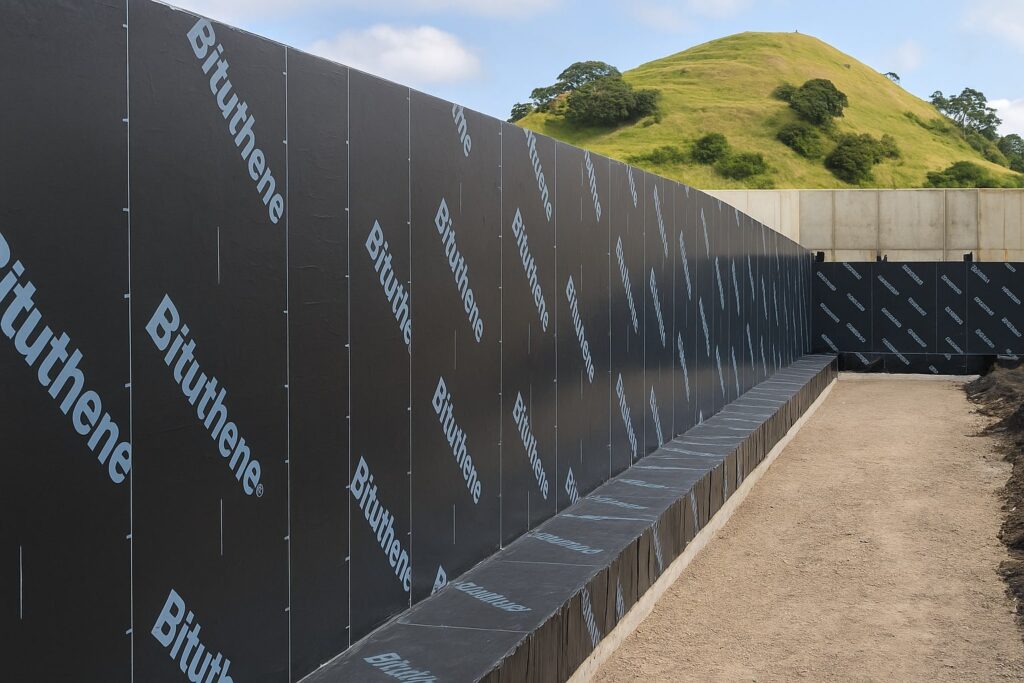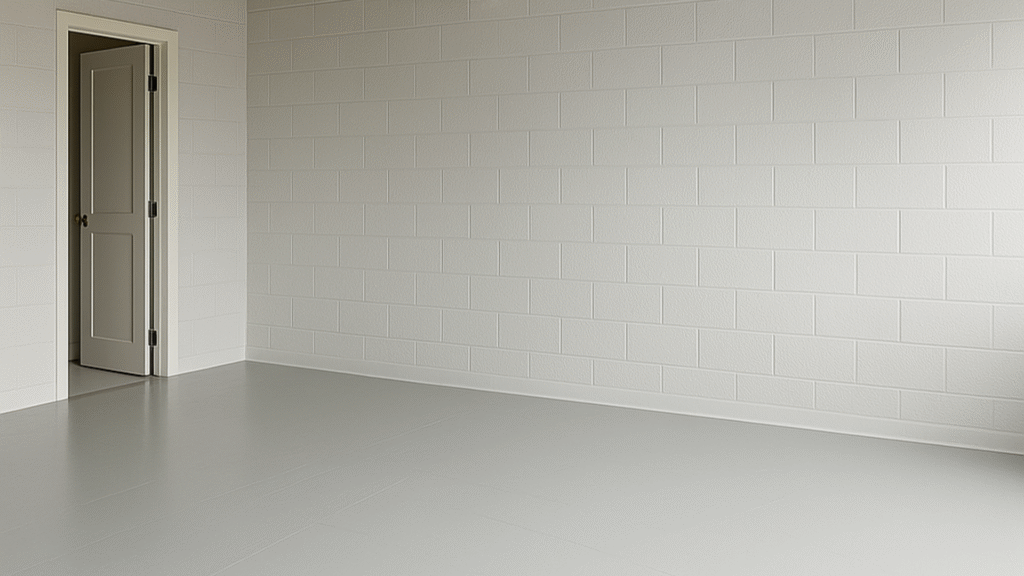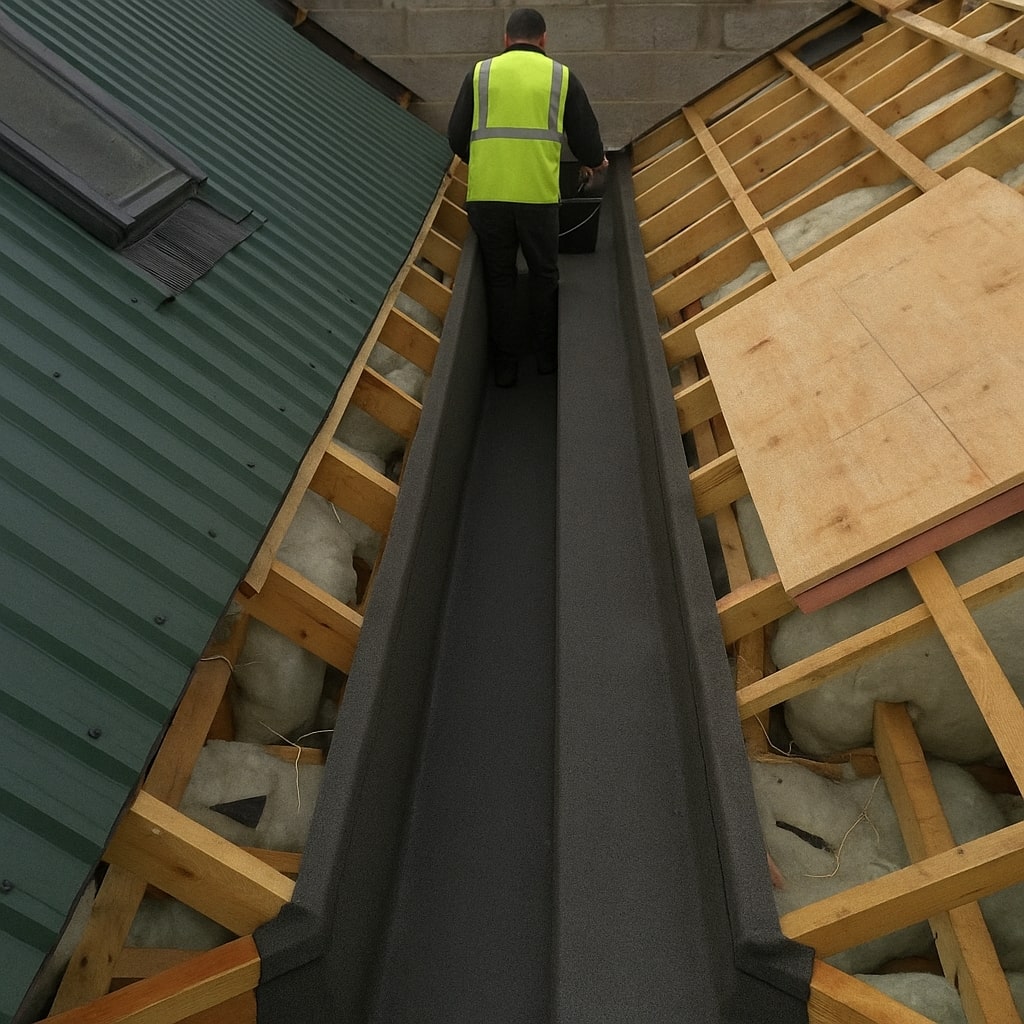Auckland Integrity Waterproofing: What Does Integrity Mean in This Trade?
Auckland Waterproofing Experts
“A“Integrity is doing the right thing—even when it’s pouring. With proper waterproofing, your deck keeps its word long after the rain has stopped.”
— Auckland Waterproofing Experts
- Auckland Integrity Waterproofing: What Does Integrity Mean in This Trade?
- Auckland Integrity Waterproofing: What Does Integrity Mean in This Trade?
- Introduction
- What Is “Integrity” in Waterproofing?
- Why Integrity Matters: Risks of Poor Waterproofing
- Key Elements of Integrity in Waterproofing
- Key Industry Standards and Certification in Auckland
- Certification and Professional Membership
- Quality Assurance and Testing
- Case Studies and Best Practices
- How to Choose a Waterproofing Contractor with Integrity
- Conclusion
- Key Takeaways
Auckland Integrity Waterproofing: What Does Integrity Mean in This Trade?

Auckland city
Introduction
As anyone living in AuWater damage is one of the costliest and most disruptive issues for property owners in Auckland and across New Zealand. In a region known for its rain and variable weather, waterproofing is essential—not just for comfort but for the health and longevity of buildings. When considering a waterproofing provider, you may encounter companies like Auckland Integrity Waterproofing. But what does “integrity” really mean in the context of this trade?
In this comprehensive guide, we delve into the meaning of integrity in the waterproofing industry, why it’s crucial, and how to recognize it when choosing a contractor. We’ll also cover industry standards, quality assurance processes, best practices, and actionable tips for property owners.
What Is “Integrity” in Waterproofing?
When it comes to construction and waterproofing work, integrity goes far beyond simply keeping water out. Instead, it covers several key areas:
- Commitment to high-quality workmanship
- Honesty and transparency in business dealings
- Following industry standards and regulations
- Standing by one’s work, including honoring warranties and addressing issues
- Prioritising long-term solutions over quick fixes
Companies like Auckland Integrity Waterproofing understand that integrity forms the foundation of their business. As a result, this core value guides every decision they make and ensures that all projects, regardless of size, meet the highest quality standards.
“Integrity is the foundation of our business. It is what our business stands by and it is how we govern our every decision.”
– Auckland Waterproofing Experts
What does this look like in practice? Essentially, integrity in waterproofing means completing every job correctly the first time, using approved products, ensuring proper installation, and taking responsibility for outcomes.
Why Integrity Matters: Risks of Poor Waterproofing
Without proper integrity standards in waterproofing work, property owners can face serious problems, including:
- Structural Damage: Persistent leaks can erode concrete, rust steel, rot timber, and compromise foundations.
- Health Hazards: Damp environments foster mold and mildew, which can cause respiratory issues and allergies.
- Financial Loss: Remediation of water damage is far costlier than getting waterproofing done right the first time.
- Reduced Property Value: Poor waterproofing is a red flag to buyers and can decrease property resale value.
Key Elements of Integrity in Waterproofing
True integrity in waterproofing involves several important aspects. To help you understand this better, here’s how it works in practice:
1. Expertise and Certification
- Certified contractors are required to have both extensive training and experience, ensuring compliance with standards and best practices.
- Membership in organisations like the Waterproofing Membrane Association of NZ (WMAI) is an indicator of a company’s commitment to quality.
2. Use of Approved Materials
- Only certified waterproofing systems and products should be used—those meeting NZ building code and relevant standards such as AS/NZS 4858.
- Documentation proving compliance should always be provided to clients.
3. Adherence to Standards and Best Practices
- Installers should strictly comply with building consents and the manufacturer’s technical requirements.
- Standards such as those developed by WMAI, combined with industry codes of practice, guide installation practices and ensure effective, safe waterproofing.
4. Thorough Testing and Quality Assurance
- Integrity demands that every installation is thoroughly tested—using methods like flood testing or electronic leak detection—to verify the system’s effectiveness.
- Transparent reporting of test results builds trust and assures clients of quality.
5. Clear Communication and Documentation
- Contractors with integrity maintain detailed records, including product warranties, installation reports, and compliance documentation.
- Open communication ensures clients know what to expect at each stage of the process.
Key Industry Standards and Certification in Auckland
- NZ Building Code: Sets mandatory requirements for durability, external and internal moisture control (Clauses B2, E2, E3).
- AS/NZS 4858: Specifies wet area membrane performance and durability.
- WMAI Codes of Practice: Accepted across the NZ construction sector as benchmarks for membrane installation on roofs, decks, and below-ground structures.
Certification and Professional Membership
- Certified Applicator: The company responsible for installation, certified by suppliers to ensure correct application.
- Certified Installer: Trained individuals who perform the on-site work per manufacturer specification.
- Approved Applicator Status: Recognition by major suppliers and industry bodies, affirming the contractor’s skills and reliability.
Quality Assurance and Testing
Quality waterproofing goes beyond just installing membranes. Most importantly, it requires confirming that these protective barriers function as intended.
Common QA Measures:
- Flood Testing: The area is filled with water for a set period to confirm no leaks.
- Electronic Leak Detection: Advanced systems can identify even small breaches beneath overburden.
- Photographic Evidence: Documenting all stages of preparation and installation builds trust and ensures traceability.
Documentation:
- Producer Statement (PS3): Issued by the applicator, confirming the work complies with all consented plans and code clauses—essential for Council sign-off in Auckland.
- Warranties: Contractors with integrity provide workmanship warranties alongside product warranties, offering peace of mind.
Case Studies and Best Practices
Auckland companies with integrity often showcase their work and publish testimonials, emphasising:
- Timely, professional project management
- Adaptability to complex or high-stakes jobs (e.g., tight deadlines, complex designs)
- Consistent, high-quality workmanship—regardless of the project size
Best practices include:
- Ongoing training for installers
- Adherence to pre-construction meetings and quality assurance plans
- Routine reviews and inspections at all work stages
How to Choose a Waterproofing Contractor with Integrity
Essential Criteria
- Certification and Licensing
- References and Past Work
- Transparency
- Warranties
- Compliance and Testing
Conclusion
In the waterproofing trade, integrity means more than just technical skill—it’s a commitment to quality, transparency, accountability, and long-term client satisfaction. Whether you’re building, renovating, or repairing, choosing a contractor who operates with integrity is your best defence against water damage, costly repairs, and health hazards.
In Auckland’s busy construction sector, companies like Auckland Integrity Waterproofing set the benchmark by prioritising certified methods, transparent communication, rigorous quality assurance, and genuine customer care.
Prioritise contractors who not only meet technical requirements but also demonstrate honesty, pride in their work, and a track record of honouring their promises. The integrity of your property’s waterproofing starts with the integrity of the people you trust to protect it.
Key Takeaways
- Integrity in waterproofing is about professionalism, accountability, transparency, and doing the job right—every time.
- Look for certified contractors who are up to date with industry standards and best practices.
- Quality assurance and post-installation testing are essential to guaranteeing watertight results.
- A contractor’s reputation, willingness to provide documentation/warranties, and open communication are key signals of integrity.
- Investing in a company defined by integrity protects your property—saving you money, stress, and health problems in the long run.
- Find out more information about the quality installation tips and recommendations.




